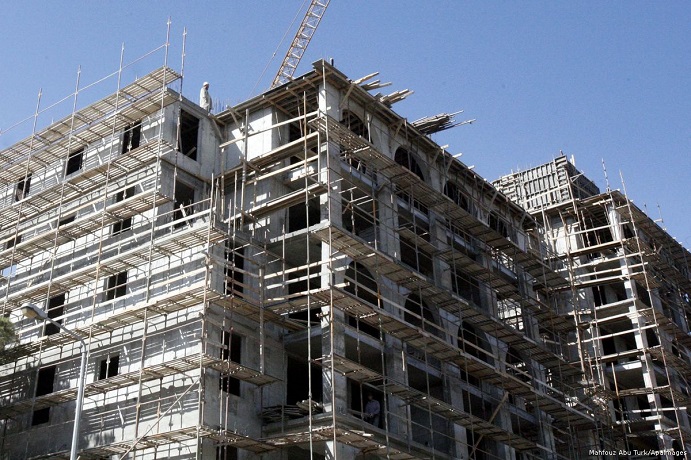The Palestine Chronicle / February 20, 2020
Israeli Prime Minister Benjamin Netanyahu announced on Thursday, during an election campaign tour in illegal Jewish settlements in the West Bank, the construction of thousands of new settler homes at the outskirt of occupied East Jerusalem.
In a speech that he delivered in the illegal Jewish settlement of Har Homa, Netanyahu revealed that his government would revive a plan which would allow for the massive expansion of Israel’s colonial enterprise in the occupied Palestinian Territories.
The illegal settlement project has been frozen for years due to strong international opposition, as it would isolate parts of occupied East Jerusalem, which Palestinians intend to make their future capital, from the nearby Palestinian city of Bethlehem in the occupied West Bank.
“Construction of 2,610 housing units for Jews in Givat Hamatos was approved by a Jerusalem planning committee in 2014,” Reuters reported, adding that “the Israeli government effectively put the project on hold after the United States and the European Union criticized the plan.”
Reuters also reported on a “separate project,” that was announced by Netanyahu, where “another 2,200 housing units would be built in Har Homa, located, like Givat Hamatos in an area of the West Bank that Israel annexed to Jerusalem” after the area was occupied in 1967.
A spokesman for Palestinian Authority President Mahmoud Abbas, Nabil Abu Rudeineh, described Netanyahu’s announcement as another blow to the Palestinian hopes for an independent state.
“Netanyahu’s insistence on building thousands of settlement units is the systematic destruction of the two-state solution and the implementation of the Trump plan,” Abu Rudeineh said.
Under international law, all Jewish settlements are illegal colonies that have been established in flagrant violation of international law.





![vrijdag 17 mei in Amsterdam: in gesprek [videoverbinding] met Palestijnse arts Ghassan Abu-Sittah](https://palestina-komitee.nl/wp-content/uploads/2024/04/abu-Sittha-1-1-218x150.png)







